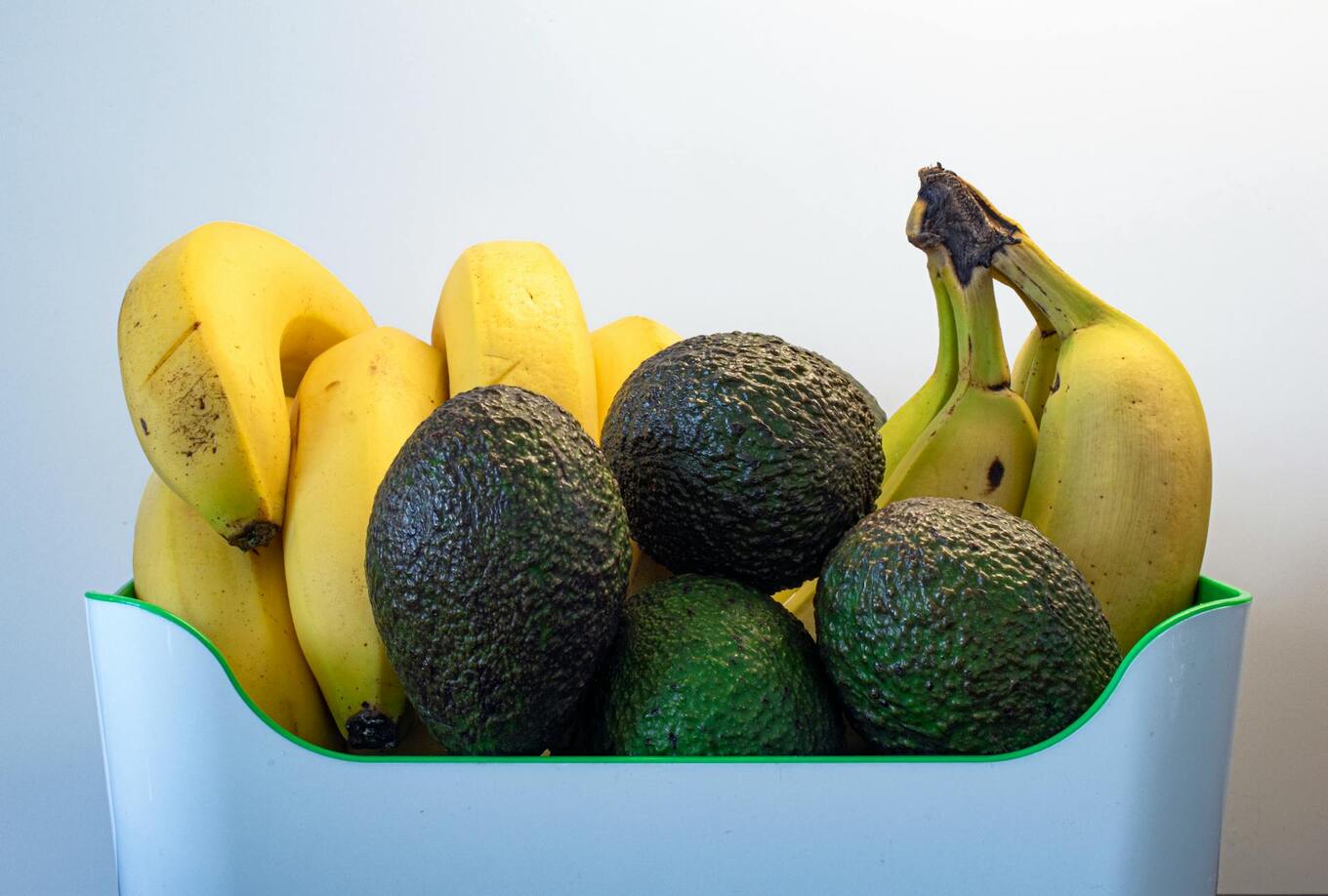For millions of people suffering from migraines, relief may come from a few diet changes. A new review published in Nutrients reveals that adopting a plant-based diet may help reduce the frequency and severity of migraines.
Researchers in Denmark analyzed existing studies to explore how different diets, including plant-based, ketogenic, and low-fat diets, influence migraine outcomes.
The findings suggest that diet can modify the need for medication, improving the quality of life for those affected by migraines.
How diet affects migraines
Migraines, a prevalent neurological disorder, affect approximately 15 percent of the global population, particularly women, due to hormonal fluctuations such as changes in estrogen levels. The brain-gut axis, a system that connects the enteric and central nervous systems, plays a key role in migraine development.
 Liza Summer/Pexels
Liza Summer/Pexels
Changes in diet can influence this axis, modifying hormone levels, reducing inflammation, and signaling through the vagal nerve—all mechanisms thought to be involved in migraine onset.
Michael Lahey, MD, a neurologist specializing in chronic migraines, explains that certain foods are well-known triggers. “Some foods are established causes of migraines—foods rich in preservatives (nitrates, MSG), aged cheese, chocolate, and foods containing artificial sweeteners, such as aspartame,” Lahey tells VegNews.
“On the other hand, an increase in the intake of whole foods, particularly plant-based foods, and decreased intake of processed foods will effectively help in decreasing the number of migraines resulting from inflammation of the brain tissues,” he says.
Anti-inflammatory benefits of plant-based diets
The review compared several dietary approaches, including the ketogenic diet, the Dietary Approaches to Stop Hypertension (DASH) diet, and gluten-free diets.

While ketogenic diets did show some promise, particularly in reducing the need for medication and lowering the intensity of attacks, plant-based diets were consistently associated with better outcomes for migraine prevention.
Over a 16-week period, participants who adhered to a low-fat vegan diet saw significant improvements in their migraine symptoms.
“Specifically, diets from plant products loaded with antioxidants and anti-inflammatory chemicals may benefit migraine patients,” Lahey explains. “Patients following dietary recommendations of increased fruits, vegetables, whole grains, and legumes, and reduced intake of processed foods tend to have fewer migraine attacks and less severity.”
Inflammation is a major contributor to migraines, and reducing inflammation through diet may help alleviate symptoms. Plant-based foods are naturally anti-inflammatory, providing a protective effect against migraine triggers.
Fruits, vegetables, and whole grains are rich in antioxidants that neutralize free radicals, another known migraine trigger. Omega-3 fatty acids, commonly found in plant-based sources like flaxseeds and walnuts, have also been shown to reduce inflammation, providing further protection against migraines.
 Farhad/Pexels
Farhad/Pexels
BECOME A VEGNEWS VIP: Get exclusive product deals, freebies, and perks galore!
A well-functioning gut microbiome is also key to mitigating migraine symptoms. “The latest research on migraine introduces the brain-gut axis as the central piece in the process,” Lahey says “While the gut microbiota is vital in inflammation and neurotransmitter synthesis, it is also essential for overall body functioning.”
“For instance, good gut health gives a digestive system free of inflammation and takes full advantage of fiber, superfoods, and prebiotics that have been found to decrease migraines,” Lahey says.
Key nutrients for migraine prevention
In addition to a well-rounded plant-based diet, specific nutrients play a critical role in migraine prevention. Magnesium, potassium, and calcium are all essential for maintaining proper muscle and nerve function.
“Some of the minerals that are important to our body are calcium, potassium, and magnesium, all of which aid in the function of muscles around the blood vessels and will help in preventing migraines as they cause muscles to relax and reduce inflammation,” Lahey says.
Spinach, almonds, flaxseeds, and pumpkin seeds are foods the doctor recommends consuming for these minerals.
 Lisa A/Pexels
Lisa A/Pexels
Potassium, in particular, is crucial for balancing electrolytes and preventing migraines. “Bananas, sweet potatoes, avocados, and all those fruits also hold potassium and aid in balancing electrolytes, which is again good for migraines,” Lahey says.
Elimination diets and migraines
Elimination diets, which involve removing specific foods to prevent migraines, yielded mixed results in the studies reviewed. One study found that elimination diets did not significantly impact the intensity or duration of migraines but did reduce the need for medication and the frequency of attacks.
Another study saw broader improvements, including reductions in pain intensity and attack duration. However, the success of elimination diets depends heavily on a person’s ability to identify their trigger foods, which can be subjective and prone to recall bias.

Lahey cautions against the misconception that eliminating one or two foods will solve the problem for all migraine sufferers. “One of the emerging myths is that eradicating one or two foods said to cause migraines will fix it,” Lahey says. “Yet there are foods that can provoke attacks, and as stated above, migraines are polygenic and involve more than a simple diet.”
For more plant-based stories like this, read:
JUMP TO ... Latest News | Recipes | Guides | Health | Subscribe









